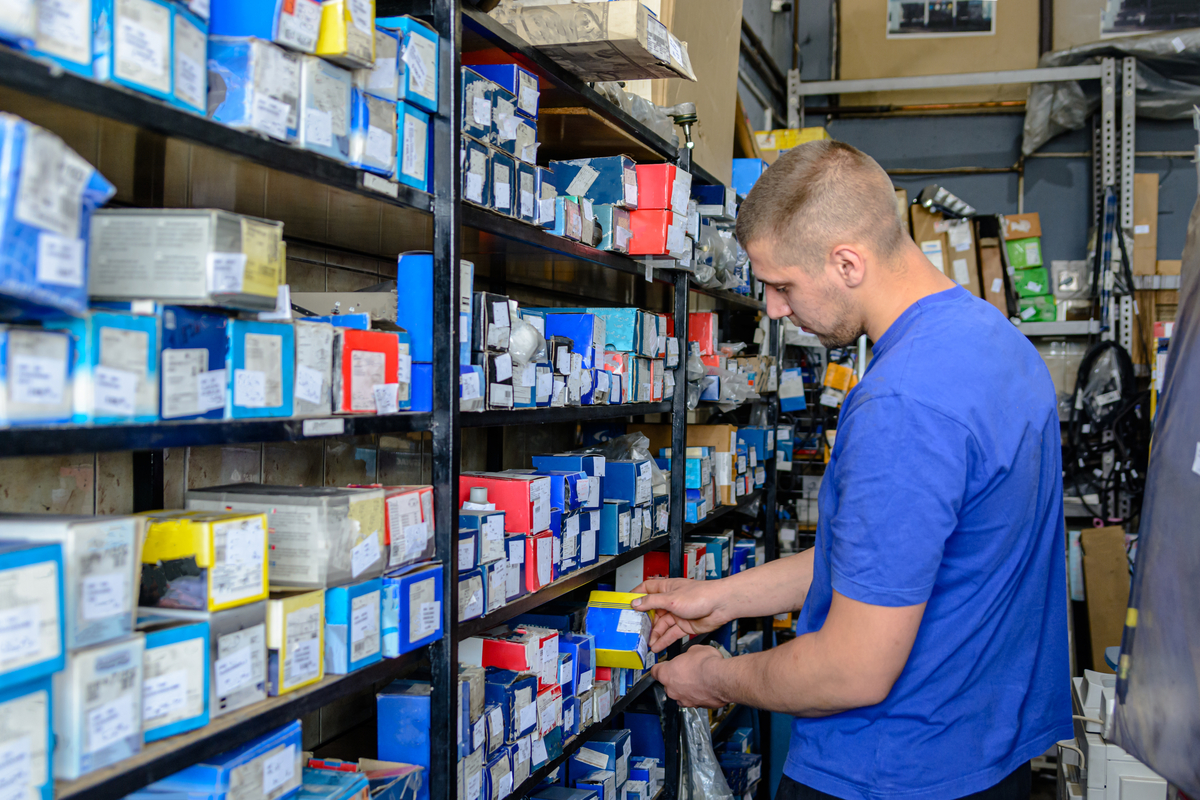Artificial Sweeteners and Cancer Treatment: New Research Links Sucralose to Reduced Immunotherapy Effectiveness

Major Concerns Arise: A groundbreaking new study published in Cancer Discovery is raising serious questions about the impact of artificial sweeteners on cancer treatment. Researchers have found a concerning link between high consumption of sucralose, a common artificial sweetener found in many diet foods and beverages, and reduced effectiveness of immunotherapy in patients battling melanoma and non-small cell lung cancer.
The Immunotherapy Challenge: Immunotherapy has revolutionized cancer treatment for many patients, harnessing the power of the body's own immune system to fight cancer cells. However, not all patients respond to immunotherapy, and researchers are constantly seeking to understand why. This new research sheds light on a potentially significant factor: diet.
Sucralose and its Impact: The study, conducted by researchers at [Insert Institution Name if available, otherwise omit], investigated the effects of sucralose on both cancer cells and immune cells in laboratory settings. They discovered that sucralose can alter the gut microbiome – the complex community of bacteria living in our digestive system – in ways that negatively impact the immune system’s ability to respond to immunotherapy.
Key Findings: The researchers observed the following key findings:
- Reduced Immunotherapy Response: Patients with higher levels of sucralose in their system demonstrated a significantly lower response to immunotherapy treatments.
- Poorer Survival Rates: Those consuming high levels of sucralose also experienced poorer overall survival rates compared to those with lower consumption.
- Gut Microbiome Disruption: Sucralose was shown to disrupt the balance of bacteria in the gut, leading to inflammation and impaired immune function.
- Impact on Immune Cells: The study revealed that sucralose can directly affect the activity of key immune cells, hindering their ability to attack cancer cells.
What Does This Mean for Patients? While these findings are preliminary and require further investigation, they offer a crucial warning for cancer patients undergoing immunotherapy. It’s becoming increasingly clear that diet plays a vital role in treatment outcomes. Patients should discuss their dietary habits with their oncologists, particularly regarding artificial sweetener consumption.
Further Research Needed: The researchers emphasize that this study is just the first step. Future research will focus on:
- Larger Clinical Trials: Conducting larger clinical trials to confirm these findings and assess the impact of sucralose on a broader range of cancer types.
- Specific Gut Microbiome Changes: Identifying the specific changes in the gut microbiome caused by sucralose and how these changes affect immunotherapy response.
- Potential Interventions: Exploring potential interventions, such as dietary modifications or probiotic supplements, to mitigate the negative effects of sucralose.
A Growing Body of Evidence: This study adds to a growing body of evidence suggesting that artificial sweeteners may not be as harmless as once believed. It highlights the importance of a holistic approach to cancer care, considering not only medical treatments but also lifestyle factors like diet.
Disclaimer: This article is for informational purposes only and does not constitute medical advice. Always consult with a qualified healthcare professional for any health concerns or before making any decisions related to your health or treatment.





:max_bytes(150000):strip_icc()/Health-GettyImages-HowToPickTheBestSalmon-7862fe1ba54f41239c48e3ad40554e38.jpg)
